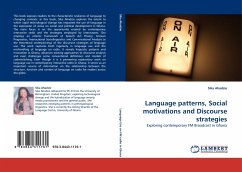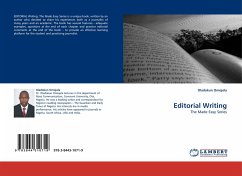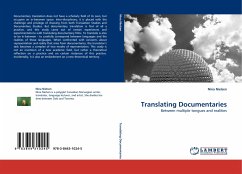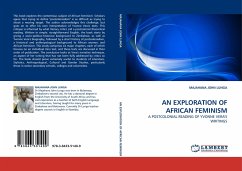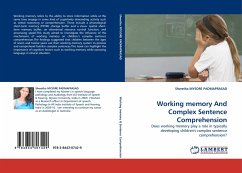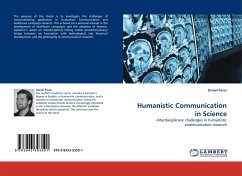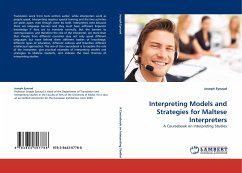
Interpreting Models and Strategies for Maltese Interpreters
A Coursebook on Interpreting Studies
Versandkostenfrei!
Versandfertig in 6-10 Tagen
45,99 €
inkl. MwSt.

PAYBACK Punkte
23 °P sammeln!
Translators work from texts written earlier, while interpreters work as people speak. Interpreting requires special training and the two activities are poles apart, even though some do both. Interpreters exist because there are language barriers and they must have sufficient linguistic knowledge if they are to translate correctly. But the barriers to communication, and therefore the role of the interpreter, are more than that. People from different countries may not only speak different languages but have behind them different bodies of knowledge, different types of education, different cultur...
Translators work from texts written earlier, while interpreters work as people speak. Interpreting requires special training and the two activities are poles apart, even though some do both. Interpreters exist because there are language barriers and they must have sufficient linguistic knowledge if they are to translate correctly. But the barriers to communication, and therefore the role of the interpreter, are more than that. People from different countries may not only speak different languages but have behind them different bodies of knowledge, different types of education, different cultures and therefore different intellectual approaches. The aim of this coursebook is to explain the role of the interpreter, give practical examples of interpreting models and strategies to Maltese students, and indicate the main theories of interpreting studies.






